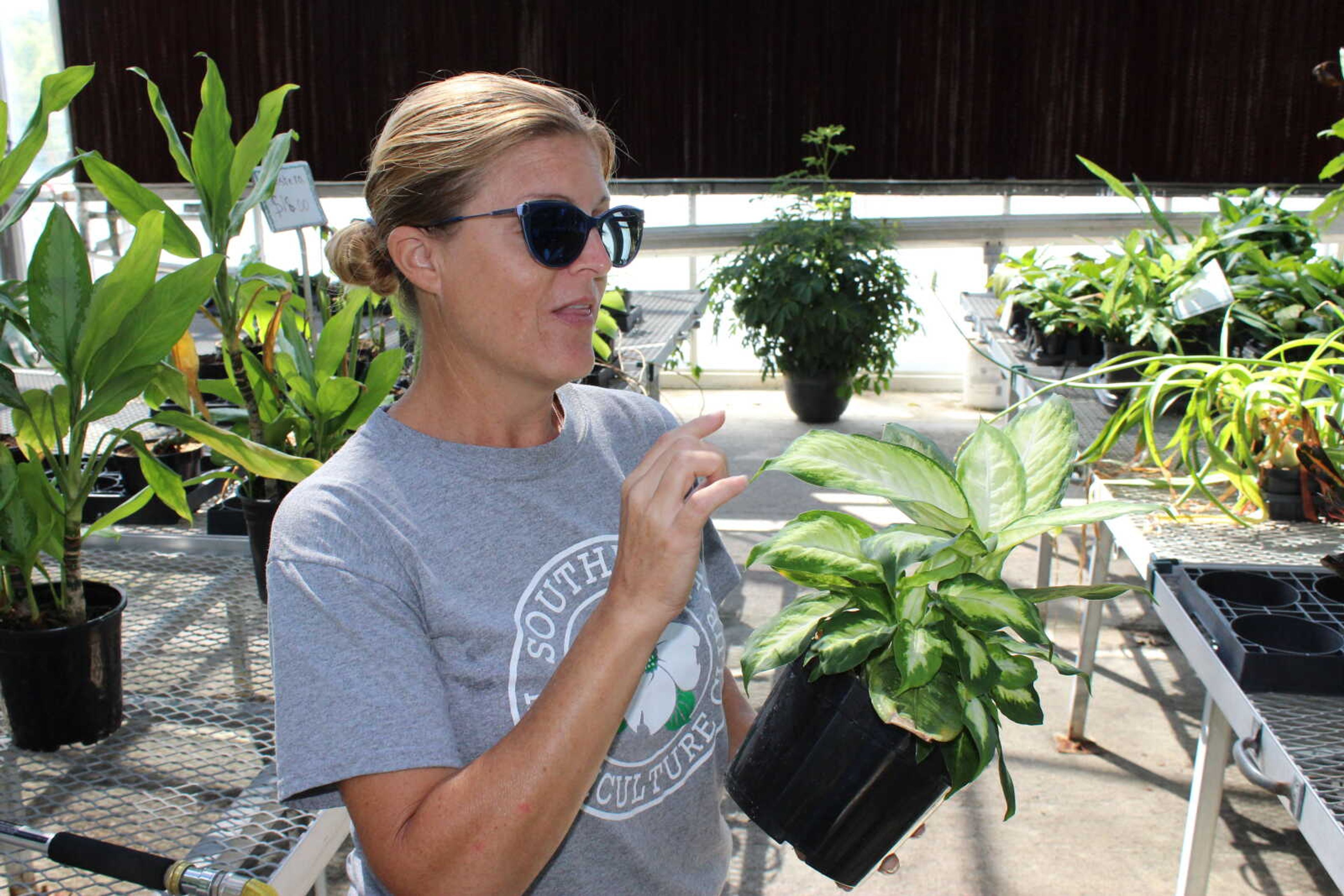Home away from home: Coping with Homesickness
Homesickness is something that plagues many. Homesickness is distress from being away from your home and can cause many issues.
Homesickness is something that plagues many. Homesickness is distress from being away from your home and can cause many issues.
Psychology Professor Jessica Bishop tells us that homesickness can cause symptoms similar to depression, things like isolation, sadness, anxiety and difficulty concentrating on schoolwork. It can even have physical effects like sleeplessness, overeating or not eating enough, headaches and more. These things can all vary per student. And while it is most common among college students, it really can affect anyone.
Bishop also says there is a crossroads where depression and homesickness meet.
“There can be some overlap between depression and homesickness. It is important for students to find a support system, make new friends, and stay busy to prevent homesickness, which can cause depression,” Bishop said.
Triggers can be different for everyone. Not being near your support system, adapting to a new way of life and being independent can be hard.
Sophomore Education Major Madison Varner says when she is homesick, she starts to notice some of those feelings of isolation.
“I just kind of stick to myself, I don’t want to do anything, I just want to see my pets and family. I do notice it gets worse when I miss the support system I grew up having,” Varner said.
Professor Bishop says that there are a few things students can do to make the transition into college life easier. Filling your living space with things from home, like memorabilia or photos, can help provide a sense of comfort.
Finding your place on campus is also important. Joining campus life and attending events can help students meet new people and acclimate more easily.
“Going away to college is scary and exciting, but can be horribly daunting. We’ve had our routines in order. We all had some kind of support system. Our parents provided security and were always there to assist and now they're far away,” Bishop said.
Senior Hospitality Management major Sammy Snider says she always feels homesick when she is away from her family, but she is working hard to make Cape her home.
“There’s always a dormant feeling of homesick. I feel like I am still adjusting to life in Cape Girardeau, but overall I’ve grown to make Cape my home,” Snider said.
As we get further into the fall semester, homesickness can get easier to cope with as students adjust to school life. Father into the semester, classwork starts to pick up as students prepare for finals, and it can provide a distraction for feelings of homesickness. More extracurricular activities can help keep the idle mind distracted as well.
But visiting home too often can be problematic as well, so students often try to find the balance that works for them.
Every student has a different routine for visiting home and connecting with family. Snider says she tries to visit home every few weeks and makes phone calls home more often. But Snider says she feels more comfortable living away from the rest of her family because she has her twin sister with her.
“My sister and I tend to ground each other, and it’s like I have a piece of home wherever I go,” Snider said.
Finding a group on campus, joining clubs, and attending on-campus events can allow students to meet new people and find their tribe. Students can access information on campus life on the SEMO website. Professor Bishop says the important thing about overcoming homesickness is finding a place where you fit in, even if you have to make that place yourself.
“There is a place for everyone here-and if not, we need to make that place. Do not compare your experience with others,” said Bishop.




